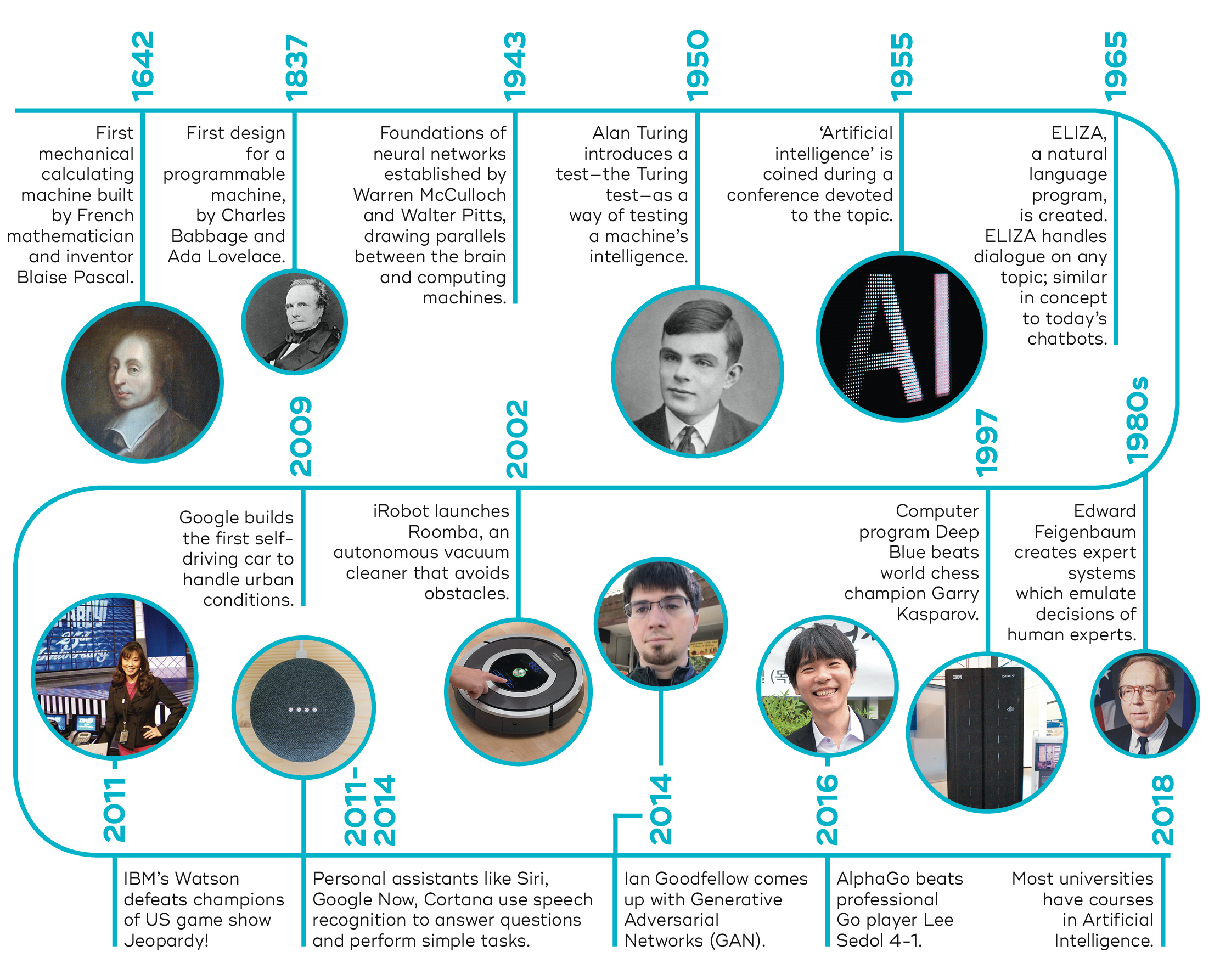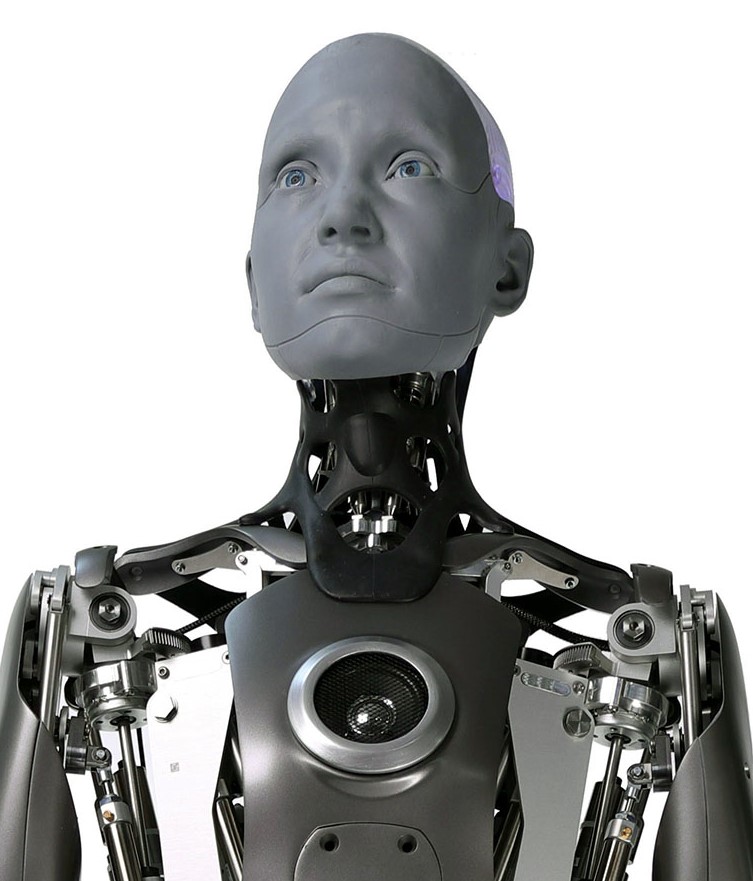Introduction
Artificial Intelligence (AI) is a term that has been in use for over 60 years, but the concept of creating intelligent machines dates back to ancient Greece. The history and evolution of AI is a fascinating journey, with a series of breakthroughs, failures, and scientific discoveries that have shaped the technology into what it is today. The study of AI has seen remarkable progress in recent decades, with advancements in computer processing power, machine learning algorithms, and big data leading to the development of intelligent machines that can learn, reason, and adapt to changing situations. In this article, we will take a deep dive into the history of AI, exploring its origins, early pioneers, significant breakthroughs, and the current state of the field. From its humble beginnings as a theoretical concept to its current state as a powerful technology that is transforming our lives, the history and evolution of AI is a story that is both fascinating and enlightening.
Origins of AI
The idea of creating intelligent machines dates back to ancient Greece, with the myth of Pygmalion, who carved a statue of a woman and fell in love with it. The statue came to life, an early representation of an intelligent machine. Later, in the 17th century, philosopher René Descartes proposed the concept of mind-body dualism, which asserted that the mind and the body are separate entities. In the 19th century, Charles Babbage’s analytical engine, which was designed to perform complex calculations, served as an early precursor to modern computers. In the early 20th century, mathematician Alan Turing proposed the concept of a universal machine, a machine that could perform any computational task, regardless of its complexity.
Early Pioneers of AI
In the mid-20th century, several pioneers played crucial roles in the development of AI. John McCarthy, Marvin Minsky, Claude Shannon, and Nathaniel Rochester organized the Dartmouth Conference in 1956, which marked the birth of AI as a formal field of study. During this period, researchers developed several early AI techniques, including game-playing algorithms and the logic-based approach, which focused on using symbolic representations to solve problems.
Significant Breakthroughs
Over the years, several significant breakthroughs have been made in the field of AI. In the 1980s, expert systems were developed, which were designed to emulate human reasoning in a specific domain. The 1990s saw the emergence of machine learning, with neural networks being developed to enable machines to learn from data. In the 2000s, the rise of big data enabled the development of deep learning, which revolutionized the field of AI by enabling machines to learn from massive datasets.
Current State of the Field
The current state of the field of AI is marked by significant advancements in machine learning, deep learning, natural language processing, and computer vision. AI is now being used in various sectors, including healthcare, finance, transportation, and manufacturing. AI-enabled robots are now being used to perform dangerous or repetitive tasks, while chatbots and virtual assistants are being used to enhance customer service. However, the field of AI is also grappling with ethical concerns, including issues related to data privacy, algorithmic bias, and job displacement.
Thoughts
The history and evolution of AI is a fascinating journey, with a series of breakthroughs, failures, and scientific discoveries that have shaped the technology into what it is today. From its humble beginnings as a theoretical concept to its current state as a powerful technology that is transforming our lives, AI has come a long way. However, as technology continues to evolve, it is crucial to address the ethical concerns associated with its use and ensure that it is used for the greater good.



